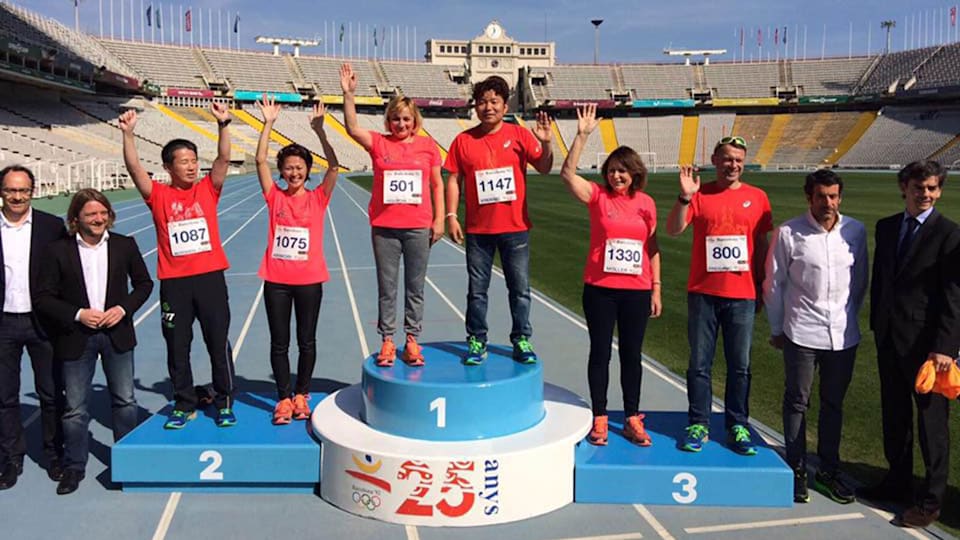25th Barcelona 1992 anniversary celebrations in full swing
Barcelona is celebrating the 25th anniversary of the Games of the XXV Olympiad with a special programme of cultural and sporting events designed to reflect the hugely important role the Olympics played in the city’s resurgence.

Speaking at an event held to launch the anniversary celebrations back in February, Ada Colau, the city’s mayor, said the Olympic Games Barcelona 1992 had left an indelible legacy of which the city could be proud: “Barcelona opened up to the world and, above all, to its citizens, becoming a collective project that looked both inwards and outwards.”
For his part, Alejandro Blanco Bravo, the president of the Spanish Olympic Committee (COE) described Barcelona 1992 as an unforgettable occasion for world sport: “Twenty-five years on, the whole world is speaking with pride and passion about what happened.”
The 25th anniversary programme features school activities, official acts, sporting events and the “City and Olympism” conferences, which will address topics such as the role of women and their treatment in the media, volunteering, the Paralympic Games and the role of host cities. Barcelona will also host a meeting of the IOC’s Olympic Solidarity Commission on 10-11 April, while the eighth BCN Sports Film Festival will take the 1992 Games as its central theme and a free city-wide sporting and cultural festival will be held on 11 July to commemorate what was a landmark occasion in Barcelona’s history.
Twenty-five years on, the whole world is speaking with pride and passion about what happened.
Reflecting on the legacy of Barcelona 1992 at a special website created for the anniversary, the organisers of the celebrations wrote: “The dynamism and drive of those years have left a multi-faceted legacy combining aspects both seen and unseen, such as the city’s urban renewal, first-class local and municipal sports facilities, a significant contribution to the increase in sports participation, a strong sense of identification with the city and the project, and the cohesion and excitement generated by experiencing and taking part in a unique event.”
One of the many sporting events on the 25th anniversary programme is the Barcelona Marathon, which took place on Sunday 12 March and attracted more than 20,000 entrants from 89 countries. Foreign runners accounted for over half the field and women more than a fifth, both records for the event, which was being staged for the 39th time.
African runners dominated proceedings, with Kenyan Paralympian Jonah Kipkemoi Chesum winning the men’s race in a time of 2:08:59, while Ethiopia’s Helen Bekele clocked 2:25:04 to take the honours in the women’s event.
Held three days earlier, the race launch brought together the six medallists from the men’s and women’s marathons at Barcelona 1992: Russia’s Valentina Yegorova, Japan’s Yuko Arimori and New Zealand’s Lorraine Moller (respectively first, second and third in the women’s race), and the Republic of Korea’s Hwang Youngcho, Japan’s Koichi Moroshita and Germany’s Stephan Freigang (the respective men’s gold, silver and bronze medallists). Joining them on what was an emotional occasion were Rodrigo Gavela and Jose Montiel, two of the three Spanish runners in the men’s race. The third, Diego Garcia, died in 2001.